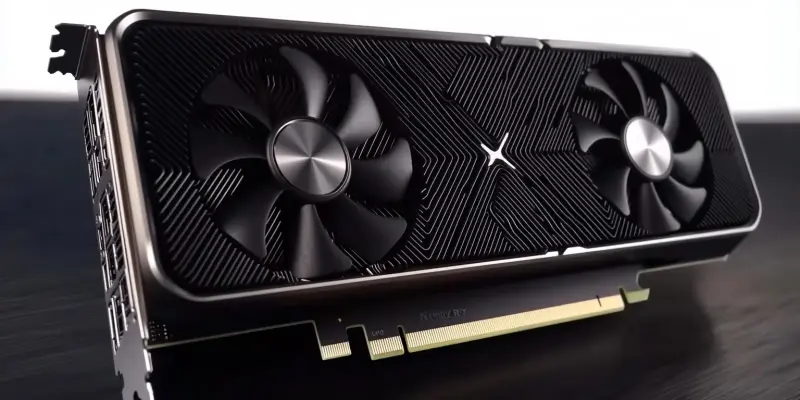NVIDIA’s newly launched Blackwell AI servers, initially anticipated to revolutionize the market, are encountering serious setbacks, most notably overheating and architectural glitches, presenting significant challenges for the company. These Blackwell servers, expected to start volume production in the fourth quarter of 2024, are marred by a design flaw that causes elevated thermal outputs. Despite NVIDIA’s efforts to resolve these issues, recent reports from credible sources indicate that the problems remain unresolved, creating turmoil among key customers such as Microsoft, Amazon, Google, and Meta.
The core issues primarily stem from the way the chips in the Blackwell servers connect, resulting in significant overheating and operational glitches. This design flaw has understandably alarmed major customers who have significantly reduced their Blackwell orders, collectively hitting over $10 billion. Central to the problem is TSMC’s advanced packaging technology, known as CoWoS, which is vital for chip connectivity. Although NVIDIA has attempted to address the issues by modifying the Blackwell GPU mask produced by TSMC, these changes have not yielded the desired results. Consequently, many customers are reverting to NVIDIA’s prior generation of AI servers, the Hopper series, which have demonstrated greater reliability.
These challenges pose a severe threat to NVIDIA’s financial performance and its reputation within the competitive AI market. The immediate task for NVIDIA involves not only solving these design flaws but also managing the supply chain bottleneck to prevent further revenue loss and degradation of market trust. As the overarching landscape reveals, NVIDIA is grappling to maintain its technological edge amidst these unresolved technical and logistic setbacks. The road ahead for NVIDIA involves addressing these critical issues to reinstate customer confidence and preserve its leadership in AI technology.

